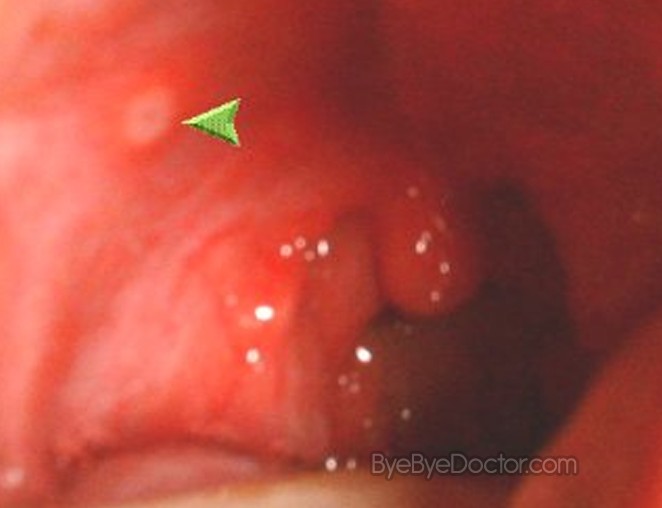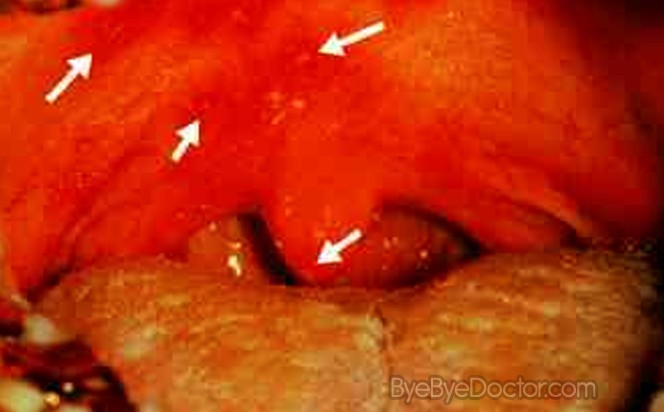What is Herpangina?
Herpangina is a viral illness common in young children characterized by ulcer-type sores in the mouth. The ulcers are usually white or grayish-white with an open, indented center and a red, inflamed border. Anyone can contract herpangina, but it is most common in children age 3 to 10, especially those that attend school or daycare.
Herpangina Symptoms
The symptoms of herpangina are listed below:
- Painful ulcers and/or sores in the mouth, particularly on the roof of the mouth.
- Sore throat and painful swallowing.
- Lack of appetite and unwillingness to eat, especially in younger children.
- Fever, malaise, tiredness, generalized “feeling bad”.
- Headache.
Herpangina Causes
Herpangina is caused by Coxsackie group A viruses. Although they are not the same illness, herpangina is related to Hand Foot and Mouth Disease, which is caused by another strain of the Coxsackie virus. Herpangina is spread primarily through contact with saliva or feces. One of the reasons herpangina is more common in children is because they are more like to use the restroom without thoroughly washing their hands, sneeze or cough into their hands, or chew on toys that other children may play with.
Herpangina Treatment
Treatment for herpangina consists of comfort measures to reduce the symptoms of the illness. Because it is viral, antibiotics are not effective against herpangina. However, the virus is does not live long and symptoms of herpangina usually resolve within 4 to 7 days.
http://www.Symptoms-Causes-treatment.blogspot.com detect diseases at an early stage symptoms, and find out the causes and treatments best suited.
Treatment of the symptoms of herpangina consist of the following:
- Over-the-counter medications such as Tylenol (acetaminophen) or Advil (ibuprofen) can be used every 4 hours to reduce pain and fever per dosage instructions on the package.
- Over-the-counter topical anesthetic throat sprays can be used to reduce throat pain.
- Doctors may prescribe a prescription anesthetic for the mouth and throat, such as xylocaine or benzocaine, for severe pain and disturbance in normal fluid and food intake.
- Cold drinks and foods, especially popsicles and dairy products (ice cream, sherbet, cold milk), can be soothing to the mouth and throat.
- Avoid any foods with coarse texture, hot temperature, or that are spicy or acidic (tomatoes, citrus fruits) as these can aggravate the ulcers in the mouth and throat.
- Plenty of rest helps the body fight off the virus more quickly. Children especially need quiet, low-energy activities, such as coloring, watching movies, or playing board games.
Is Herpangina Contagious?
Herpangina is very contagious, particularly among children age 3 to 10. Although herpangina is more prevalent during the summer, outbreaks do occur in school, day care centers, and other areas where many children are together in group settings. Because herpangina is a common illness and is relatively short-lived with no long-term effects, there are no studies on the frequency of occurrence or number of cases each year.
The best prevention of herpangina is to give careful attention to hand hygiene because it passed from person to person through microscopic traces of feces and saliva. Make sure children wash their hands carefully after using the restroom, after coughing and sneezing, and after being in contact with other children. It is also helpful to make sure children understand they should not share cups, eating utensils, toothbrushes, lip glosses, or other items that touch the lips or mouth.
Herpangina Pictures


